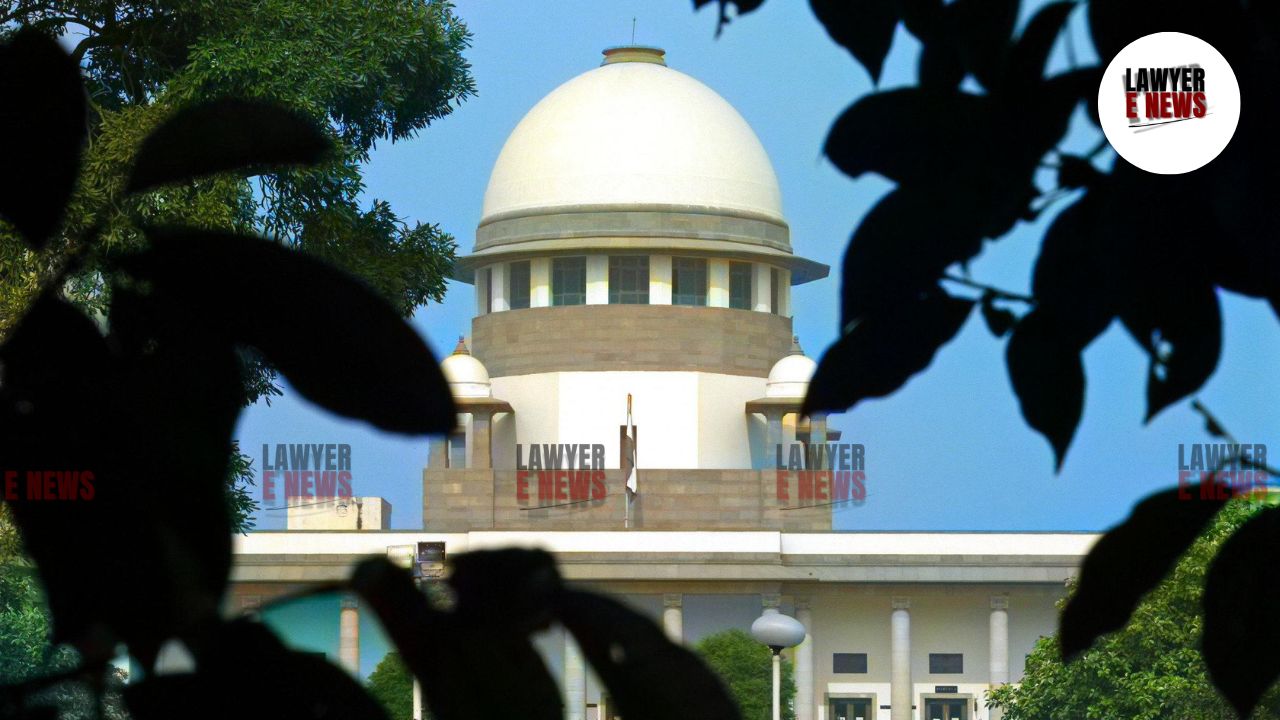-
by Admin
15 February 2026 2:36 AM



“No Propriety in Directing Impleadment of Civil Authorities in Bail Applications of Foreigners" – Supreme Court of India addressing procedural requirements concerning bail applications filed by foreign nationals under the Foreigners Act, 1946. The Court ruled that civil authorities need not be made parties to such bail applications unless specific allegations under Section 14 of the Act are involved.
The appellant, Frank Vitus, a foreign national, sought bail in a narcotics-related case. The primary legal question was whether a Foreign Registration Officer or a civil authority under the Foreigners Order, 1948, needed to be impleaded or notified during bail proceedings of a foreign national.
The appellant had initially been denied bail, leading to an appeal before the Supreme Court. The case also raised questions about the interplay between the powers of civil authorities and the judiciary in regulating foreign nationals under the Foreigners Act.
Requirement of Civil Authority Impleadment: The Foreigners Order, 1948, empowers civil authorities to regulate the departure of foreigners and impose restrictions if their presence is required in India. However, the Court clarified that:
Civil authorities have no locus to oppose bail applications unless the charge involves Section 14 of the Foreigners Act.
Mandatory impleadment of civil authorities in all bail applications could unnecessarily delay proceedings.
Power of Civil Authorities and Bail Conditions: The Court emphasized the independent powers of civil authorities to regulate foreigners under the Foreigners Act, distinct from the judiciary's power to grant bail
"The power to arrest or detain a foreigner under the Act is independent of the power of the criminal court to grant bail."
Communication Protocols: The Court directed that while granting bail, courts must instruct prosecuting agencies to immediately inform the relevant Registration Officer. This ensures civil authorities are updated on bail status and can take lawful actions as required.
Directions Issued by the Court
In addition to its observations, the Court issued the following guidelines:
Communication of Bail Orders: Courts granting bail to foreigners must ensure the prosecuting agency or state communicates the order to the Registration Officer, who will then inform the concerned civil authorities.
Awareness Among Courts: A copy of this ruling is to be circulated by the Registrar Generals of all High Courts to ensure consistent application of the law across criminal courts.
The Court struck a balance between judicial efficiency and administrative oversight, clarifying the roles of courts and civil authorities in cases involving foreign nationals. This ruling streamlines bail procedures for foreigners while ensuring necessary safeguards under the Foreigners Act and related rules.
Date of decision : January 6, 2025
